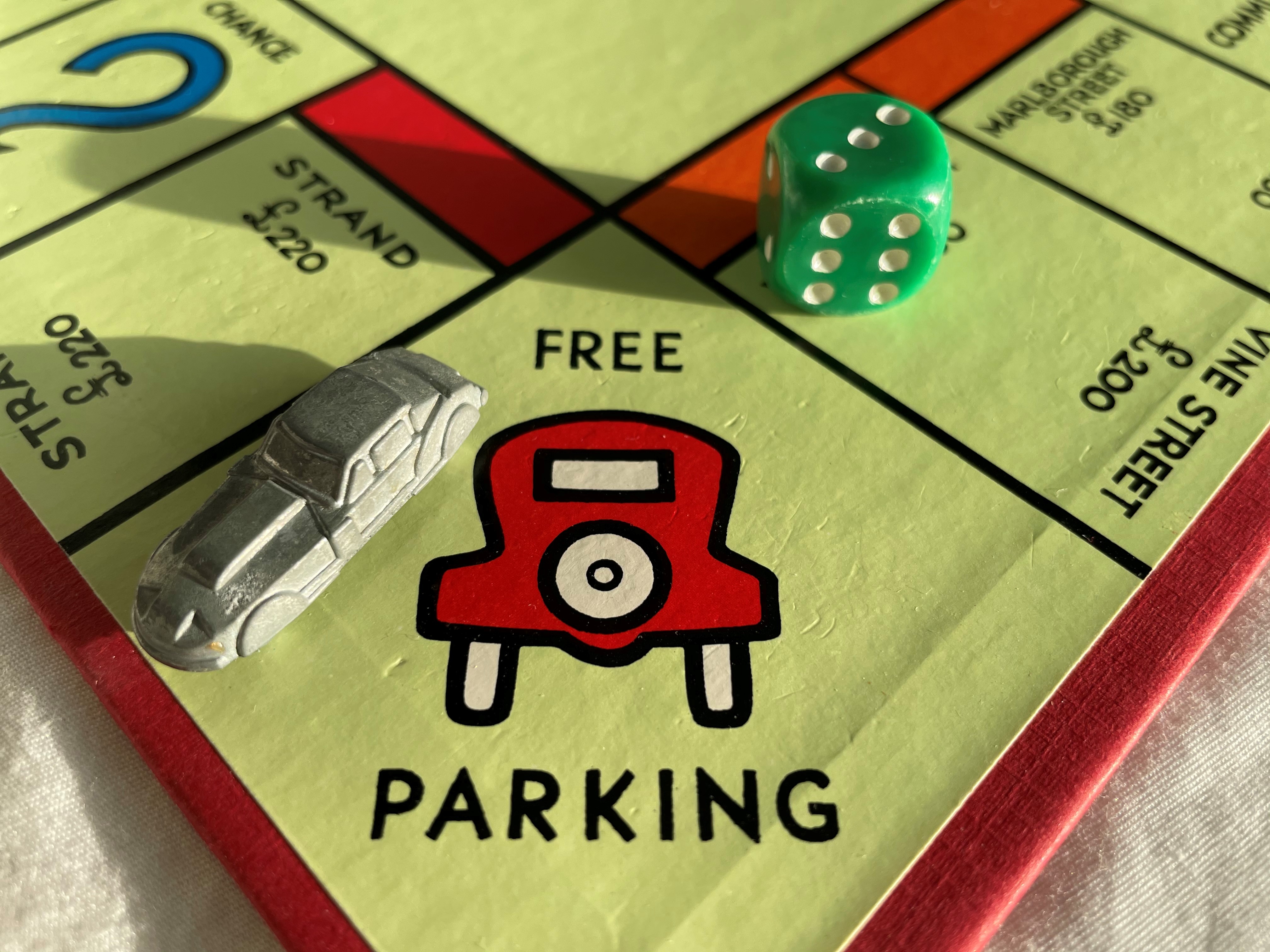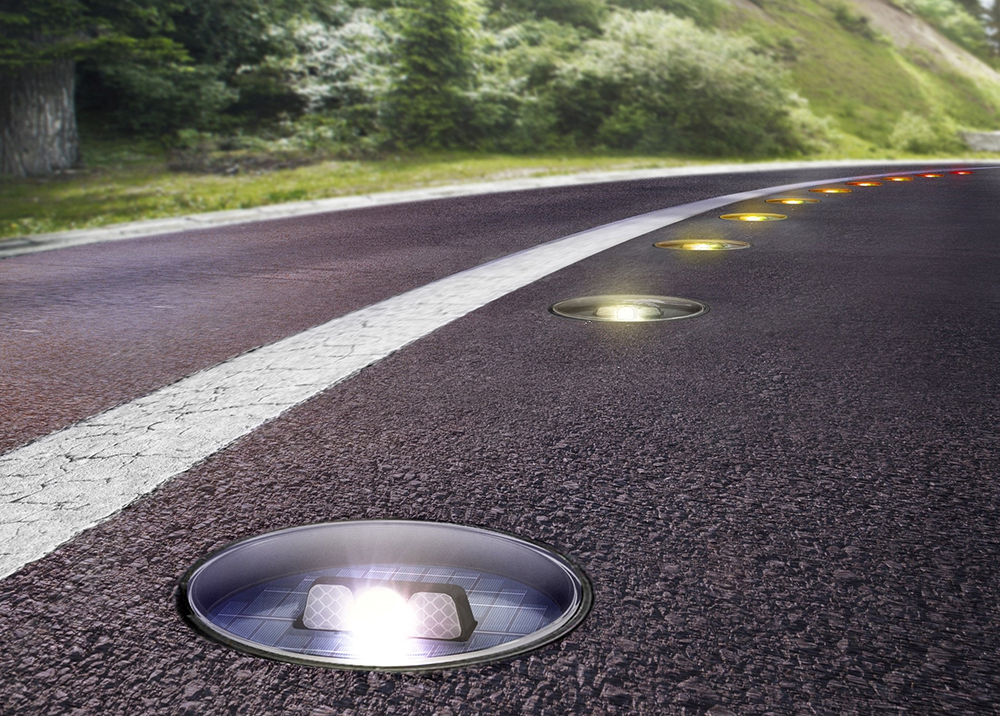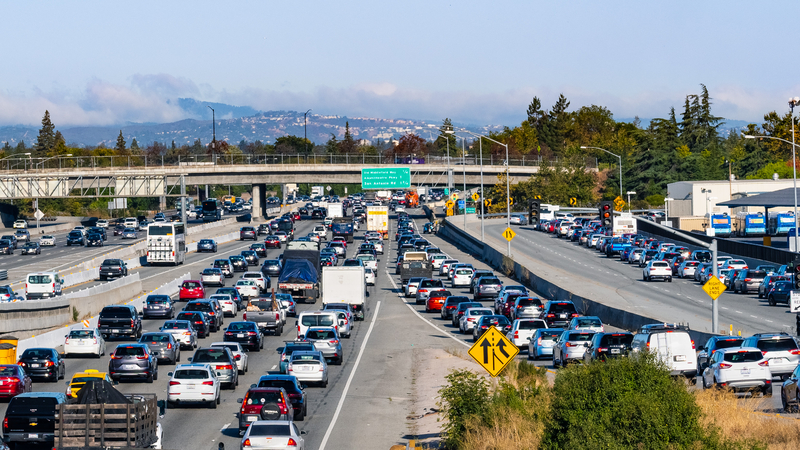
What year did you start getting interested in the whole area of urban planning? Was there a single catalyst for your interest?
It was 1965. I studied electrical engineering and economics as an undergraduate, went to graduate school for a PhD in economics, and got interested in the economics of cities. I wrote my PhD dissertation on the economics of the land market, and that led me to urban planning.
You’re known in particular for your work on the issue of parking. So why did you decide that this – seemingly relatively small – issue was one on which you should spend your time?
Parking is actually the single biggest land use in most cities. The footprint of parking is greater than the footprint of housing, or offices, or factories, or anything else. But few academics had taken it seriously. When I began to think about parking as real estate, it was easy to see that a lot of high-value land was being put to low-value parking, and that parking reforms could yield huge benefits for cities. Because parking seemed an unimportant issue, to most academics, I was a bottom-feeder, but there was a lot of food at the bottom. Longevity and perseverance have helped me make something out of what seemed to be nothing. A willingness to ignore prevailing intellectual currents also helped.
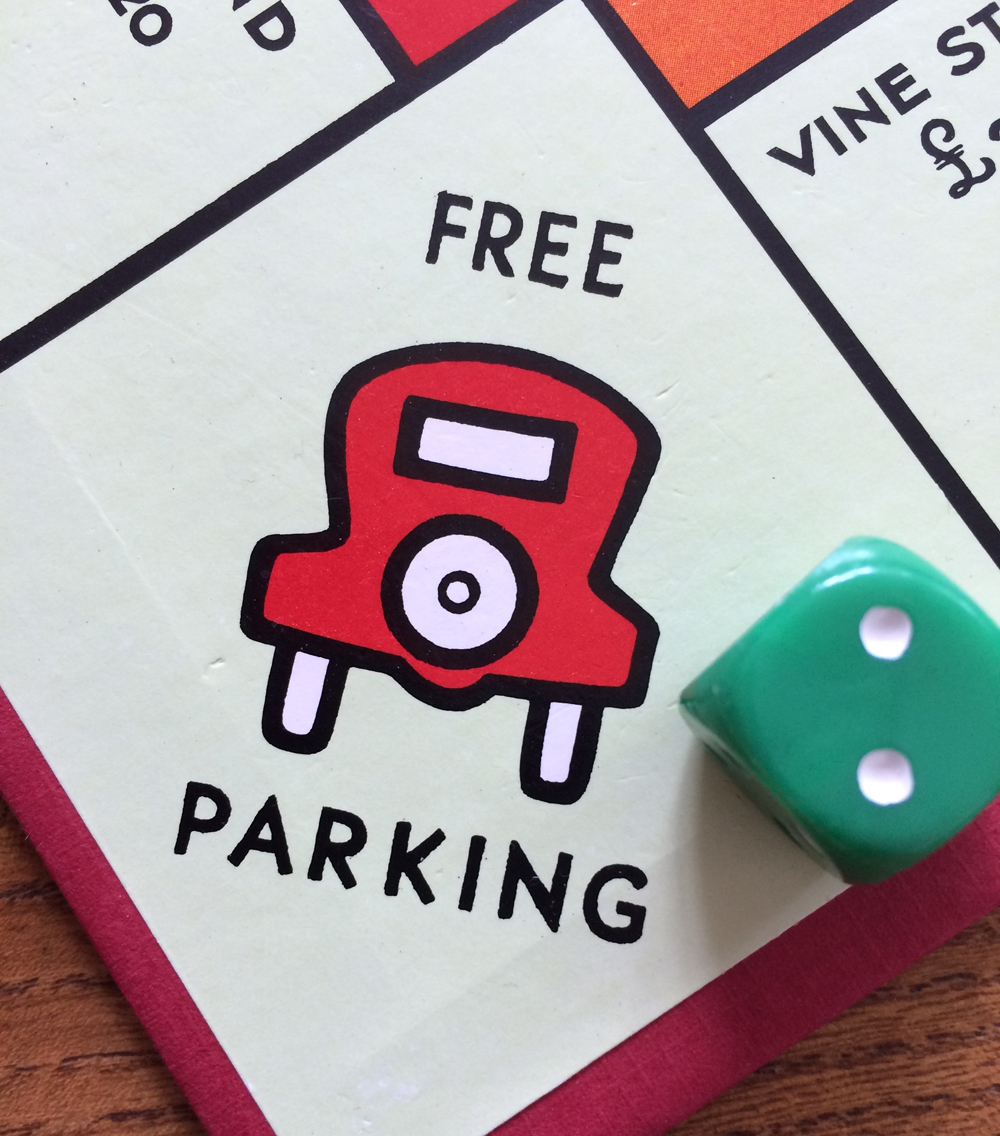
You wrote what’s sometimes called the ‘Parking Bible’ – The High Cost of Free Parking. You’ve said: ‘With kerb parking, some of the most valuable land on earth is given away free.’ Can you explain what you mean? What’s so wrong with free parking?
No-one wants to pay for parking, including me, but that doesn’t mean we should plan our cities around free parking. Parking takes up a huge amount of valuable land that could be used for housing and many other things we want. Almost all parking is free to the drivers, but the cost doesn’t go away just because the driver doesn’t pay for it. The cost is shifted into higher prices for everything else, and even people who cannot afford a car pay indirectly for the free parking. The US now has more parking space per car (at least 900 square feet) than housing space per person (about 800 square feet). And all the free parking greatly increases the amount of driving, which congests traffic, pollutes the air and contributes to global warming.
On the same subject, you’ve said that Monopoly’s Free Parking space should be named Paid Parking and if a player lands on the space, they must pay a fee that goes towards neighbouring players’ houses, hotels and railroads – please tell me that you’re prepared to take this further…
Children first learn about free parking, cities and the economy when they play Monopoly. After throwing the dice, players move around the board and buy property, build hotels, go to jail - or park free. When they land on another player’s property, they learn about being tenants. When they land on a property they have bought, they learn about being owner-occupiers. When another player lands on their property, they learn about being landlords. When they take out mortgages to build houses, they learn about investing. When they remove houses to build hotels, they learn about urban renewal. Finally, they learn about bankruptcy because the game ends when every player but one is bankrupt. But Monopoly misleads its players about two things. The first is inflation because Monopoly’s prices have not changed since 1935. The second is the probability of landing on Free Parking, because this chance is low in Monopoly, about the same as the chance of going to jail. Most children don’t go to jail when they grow up, but almost all of them will park free when they get real cars because parking is free to the driver for 99% of all automobile trips in the US
Can you explain the importance of off-street parking minimums?
By limiting the permitted floor area of every building, zoning limits the maximum space allowed for people and businesses. But with minimum parking requirements, zoning requires space for cars (and the parking spaces do not count toward the permitted floor area). That is, zoning holds down the density of people and business, but forces up the density of cars.
Most American cities put a floor under the parking supply to satisfy the peak demand for free parking, and cap the development density to limit vehicle trips. In contrast, some European cities cap the parking supply to avoid congesting the roads and put a floor under the allowed development density to encourage walking, cycling, and public transport. That is, Americans require parking and limit density, while Europeans require density and limit parking. When combined with complaints about traffic congestion and calls for smart growth, the American policy looks exceptionally foolish.
Can you boil down what’s wrong, and how do you think we can fix it? Can you give me three ways to improve parking that would benefit everyone?
Let’s start with fixing things. I recommend three parking reforms. First, cities should charge the right prices for kerb parking, by which I mean the lowest prices that will leave one or two open spaces on every block. The kerb spaces will be both well-used (because most are occupied) and also readily available (because one or two spaces are open). Second, to make these prices popular, cities should spend the parking revenue to improve public services on the metered blocks. For example, cities can use the revenue to offer free WiFi to everyone on the block, or offer free transit passes to everyone who lives or works on the block. Third, since open kerb parking spaces will always be available everywhere, cities can remove their off-street parking requirements without crowding the kerb. Acting together, this trio of reforms may be the cheapest, fastest, and simplest way to increase economic efficiency, protect the environment, and promote social justice.
Most cities do the exact opposite of what I recommend. First, almost all kerb parking is free. Second, if cities do charge for kerb parking, they put all the revenue into the general fund, which for the average resident is like sending it to Mars. Third, cities require off-street parking for all land uses. I believe cities should make a U-turn on these three policies.
We love our cars and we need to park: so how do you persuade people of your arguments?
Market prices for kerb parking make intuitive sense to almost nobody because almost everybody thinks they will pay for parking and few will see any benefit. I recommend that cities should show people the benefits that market-priced parking will produce.
For example, New York City doesn’t charge drivers anything to park in 97% of its three million kerb spaces, so it offers a titanic subsidy for cars. If the city charged drivers an average of only $5.50 per kerb space per day (the price of one round trip on the bus or subway), it would earn $6 billion a year in parking revenue, which is about the same as the city’s $6.2 billion farebox revenue from all public transit in 2018. Kerb lanes can become the goose that lays golden eggs.
To be more specific, consider the potential revenue in Manhattan’s Upper West Side (between Central Park and the Hudson River) with 196,000 residents and 10,000 kerb spaces. With 20 residents for every kerb space, no more than 5% of residents can park at the kerb. In June 2020, the district’s average price for off-street parking was $495 a month. If an on-street space can earn $495 a month, the 10,000 adjacent kerb spaces could earn $59 million a year. Should 196,000 residents forgo $59 million a year for public services in order to provide hard-to-find free parking for 10,000 cars?
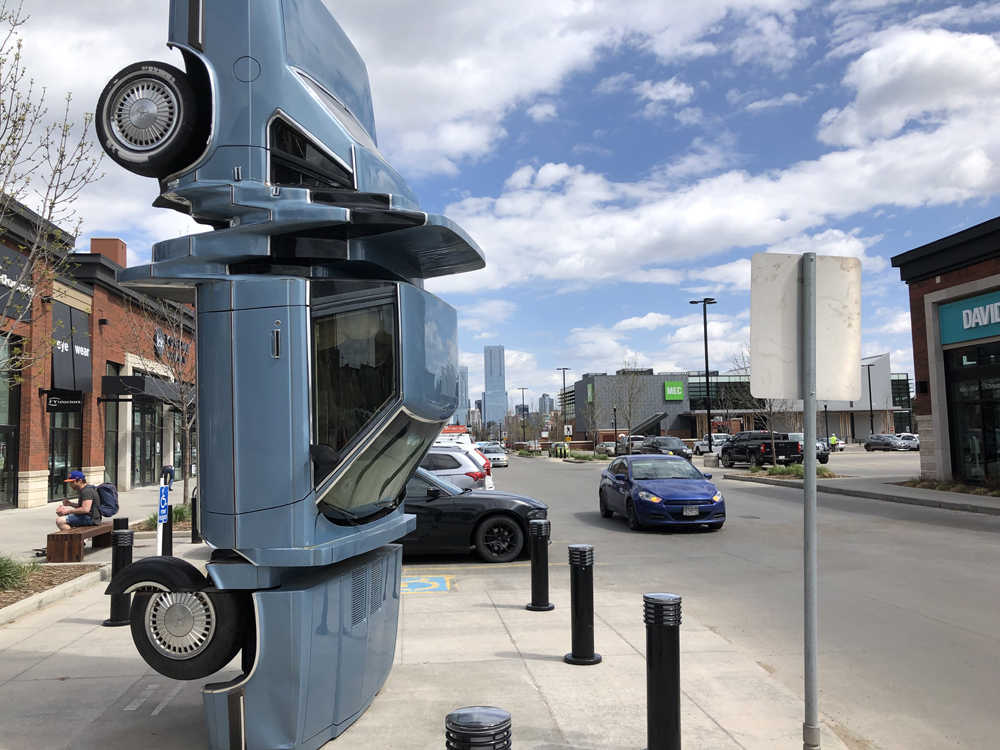
Will charging for kerb parking hurt low-income residents? Only 5% of the residents can park a car on the street in the Upper West Side. In Manhattan, only 22% of households own a car, and their incomes are 88% higher than the incomes for non-owners. Only a small share of the residents will pay anything for kerb parking, most of those who do pay for parking will have high incomes, and everyone will receive better public services financed by the parking revenue. Low-income residents who cannot afford a car have the most to gain.
Technology is always moving – won’t that help? I’m thinking of the various apps which have real-time updates on spaces and so on…
Licence-plate recognition technology and the cloud now enable flexible pricing, frictionless payments, and effective enforcement. Many drivers already pay for parking with cell-phone apps (such as PayByPhone, ParkMobile and RingGo) and some cars’ guidance systems now come equipped with these apps (such as BMW’s ConnectedDrive). Drivers can use a voice command to begin paying for kerb parking, and the car stops paying when it leaves the kerb space. Parking can be priced by the minute, so drivers pay only for what they use. If drivers input their destination, the guidance system can interpret all the city’s confusing regulations and give turn-by-turn directions to the nearest available spaces. In the future, drivers may be able to input their value of time, so an algorithm can recommend the optimal parking spot. Artificial intelligence will probably make smarter parking decisions than humans do, and parking-optimising guidance systems may be available long before anyone gets a self-driving car.
Are there any cities that have got parking right? What have they done that is so good?
A few cities have already made major reforms. Baltimore, Boston, Calgary, Los Angeles, Mexico City, Milwaukee, San Francisco, Seattle and Washington, D.C. charge demand-based prices for some or all of their kerb parking spaces.
Austin, Boston, Houston, Mexico City, Oakland, Pasadena and San Diego have established Parking Benefit Districts that pay for added public services on the metered blocks.
Buffalo, Edmonton, Hartford, London, Mexico City, Minneapolis, San Francisco and São Paulo have removed their parking requirements, and some cities have adopted parking maximums. At the national level, New Zealand prohibits all cities with more than 10,000 inhabitants from requiring any off-street parking except for accessible spaces.
The future of parking is already here, and it’s spreading.
Paris mayor Anne Hidalgo is getting rid of half the street parking spaces in her city - is this the sort of action you’d like to see more of?
I think the new parking policies in Paris are much better than the old policies. For decades, Paris kept kerb parking almost free, and built hugely expensive garages under the streets.
But I don’t think you can say how many kerb parking spaces a city should remove without considering the new uses of the kerb lane. Charging market prices of kerb parking can reveal the low value of parking compared with the high value of alternative uses for the kerb lane, such as for bus lanes, bike lanes, loading zones, restaurants, parklets, and the like.
By charging the right prices for kerb parking, cities can reallocate the kerb lane to higher value uses without announcing that they are only getting rid of kerb parking spaces.
So if parking were built and allocated according to its fair market value, how much would spaces cost?
The price of parking will depend on many factors, principally location. I suspect the best way to predict the prices for market-priced parking is to look at the existing prices in commercial parking lots and garages, which are set by supply and demand. The prices for most housing are set by the law of supply and demand, and this should also work for most parking.
Final question. Your most recent book was Parking and the City. What are you working on now?
Parking has been an Aladdin’s lamp for my research during the past 50 years, and I have rubbed it frequently. More important, I believe parking can be an Aladdin’s lamp for cities around the world if they set the right prices for on-street parking, spend the revenue to improve public services in the metered neighbourhoods, and remove off-street parking requirements. Better parking management can improve cities, transportation, the economy and the environment. I’m trying to save the world, one parking space at a time.



